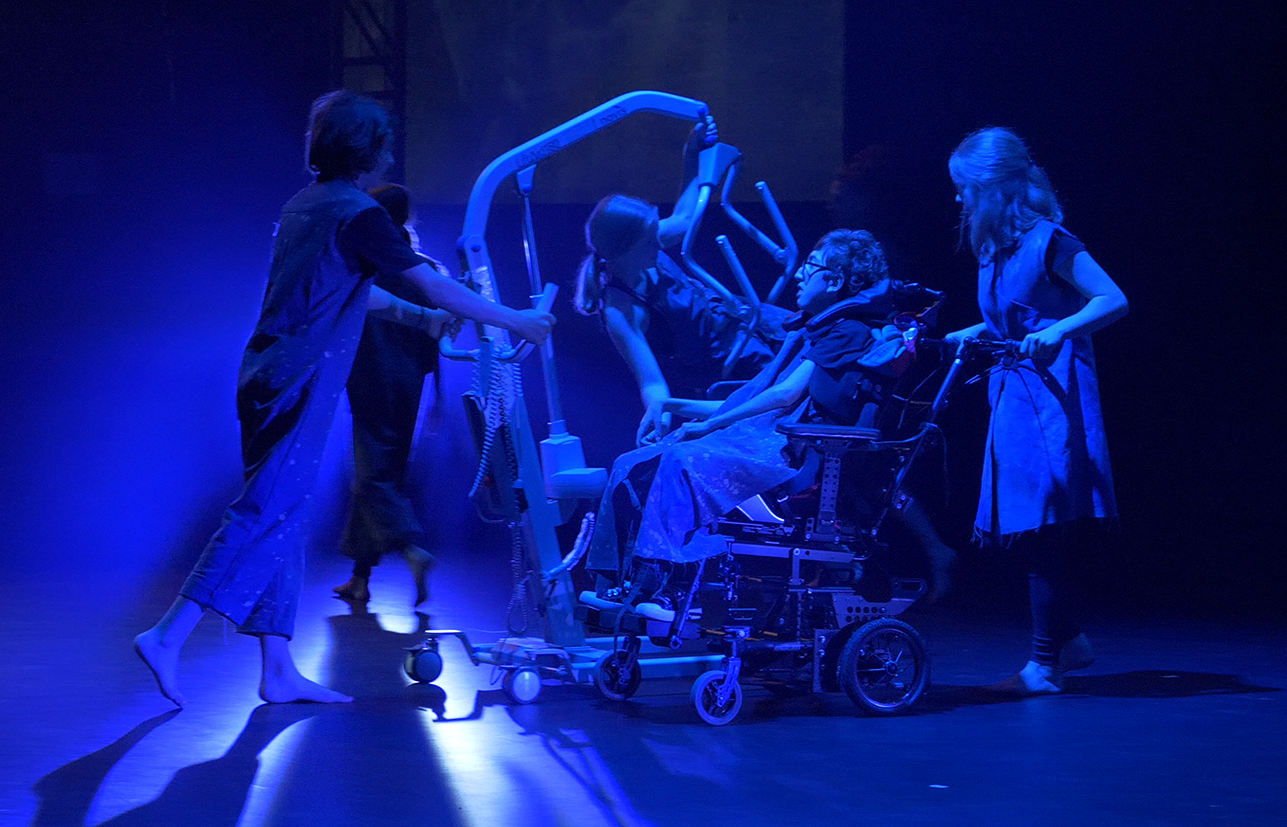Search

A pilot clinical study has found an immunotherapy drug can dramatically increase survival rates for babies with a rare form of leukaemia, paving the way for a major international clinical trial.

The Institute's Standards for the Conduct of Aboriginal Health Research outline our ways of working with Aboriginal communities and peoples.
The social and emotional wellbeing of Aboriginal children and young people

The Respiratory Physiology Platform at the Wal-yan Respiratory Research Centre offers access to specialist equipment housed within the outpatient research department at Perth Children’s Hospital, dedicated for research use.

Representing a 30-year interdisciplinary collaboration between The Kids, Perth Children’s Hospital, and WA Universities, the combined global impact of work from this Centre over the last 10 years has equalled some of the most influential paediatric centres around the world.
Contact the ASAVI team

A bold research program is working to give young children lifelong protection against influenza

Despite respiratory syncytial virus (RSV) being the leading cause of hospitalisations in the first year of life, there is currently no routine preventative option for otherwise healthy babies.

A song written by kids in Barunga as part of the END RHD Communities Project is helping prevent the spread of infections that cause rheumatic heart disease in remote Aboriginal Communities.

A quality of life tool developed by disability researcher Jenny Downs is helping to reveal the difference specific interventions can make to the lives of children and families living with disability.
